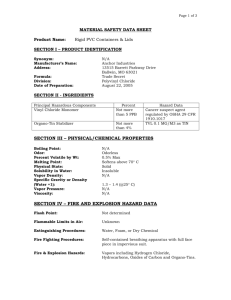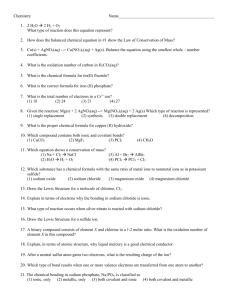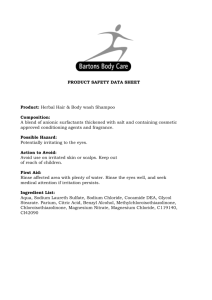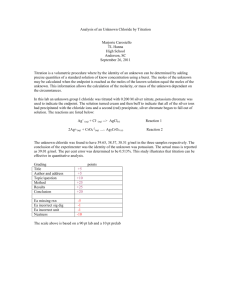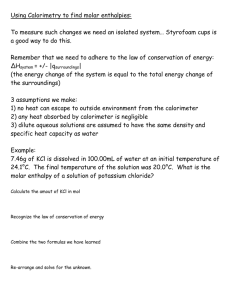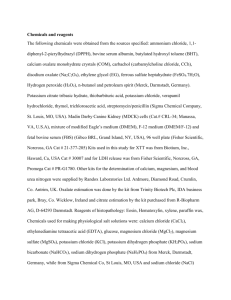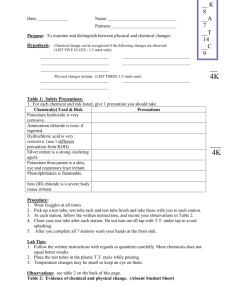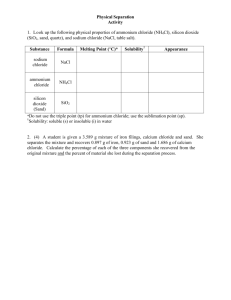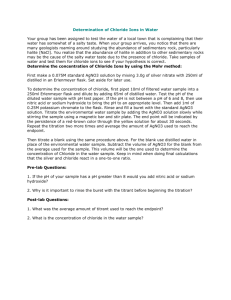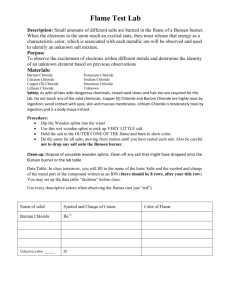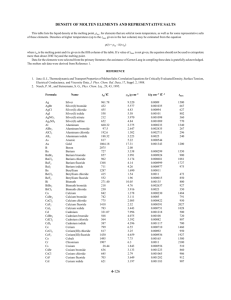Solution 13. - Tutor Breeze
advertisement
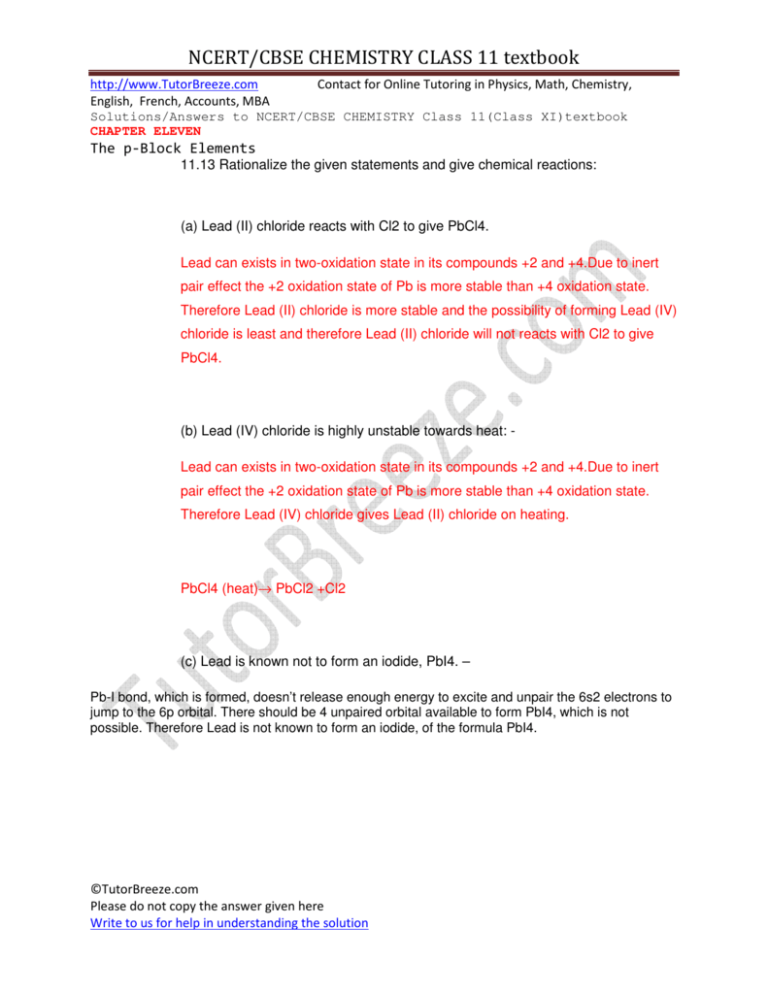
NCERT/CBSE CHEMISTRY CLASS 11 textbook http://www.TutorBreeze.com Contact for Online Tutoring in Physics, Math, Chemistry, English, French, Accounts, MBA Solutions/Answers to NCERT/CBSE CHEMISTRY Class 11(Class XI)textbook CHAPTER ELEVEN The p-Block Elements 11.13 Rationalize the given statements and give chemical reactions: (a) Lead (II) chloride reacts with Cl2 to give PbCl4. Lead can exists in two-oxidation state in its compounds +2 and +4.Due to inert pair effect the +2 oxidation state of Pb is more stable than +4 oxidation state. Therefore Lead (II) chloride is more stable and the possibility of forming Lead (IV) chloride is least and therefore Lead (II) chloride will not reacts with Cl2 to give PbCl4. (b) Lead (IV) chloride is highly unstable towards heat: Lead can exists in two-oxidation state in its compounds +2 and +4.Due to inert pair effect the +2 oxidation state of Pb is more stable than +4 oxidation state. Therefore Lead (IV) chloride gives Lead (II) chloride on heating. PbCl4 (heat)→ PbCl2 +Cl2 (c) Lead is known not to form an iodide, PbI4. – Pb-I bond, which is formed, doesn’t release enough energy to excite and unpair the 6s2 electrons to jump to the 6p orbital. There should be 4 unpaired orbital available to form PbI4, which is not possible. Therefore Lead is not known to form an iodide, of the formula PbI4. ©TutorBreeze.com Please do not copy the answer given here Write to us for help in understanding the solution
